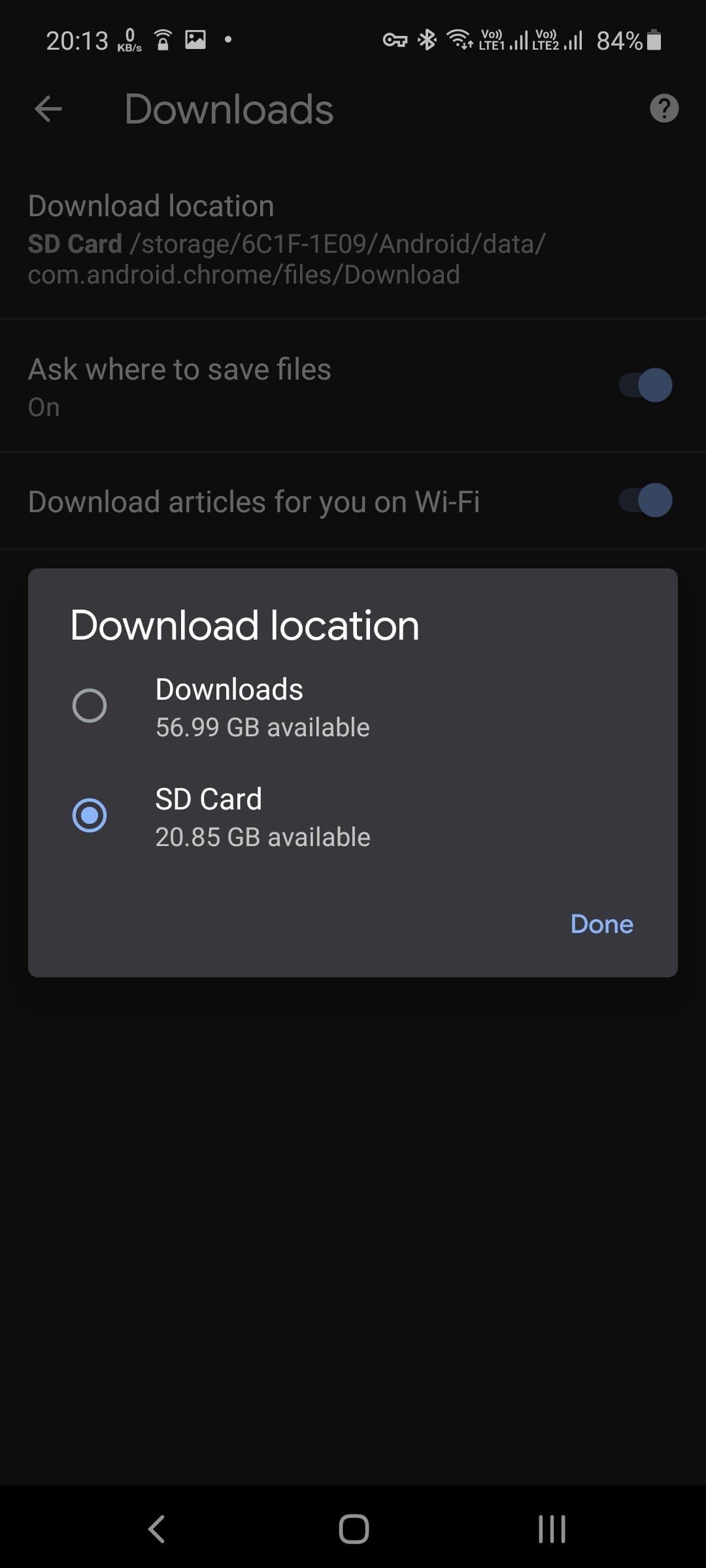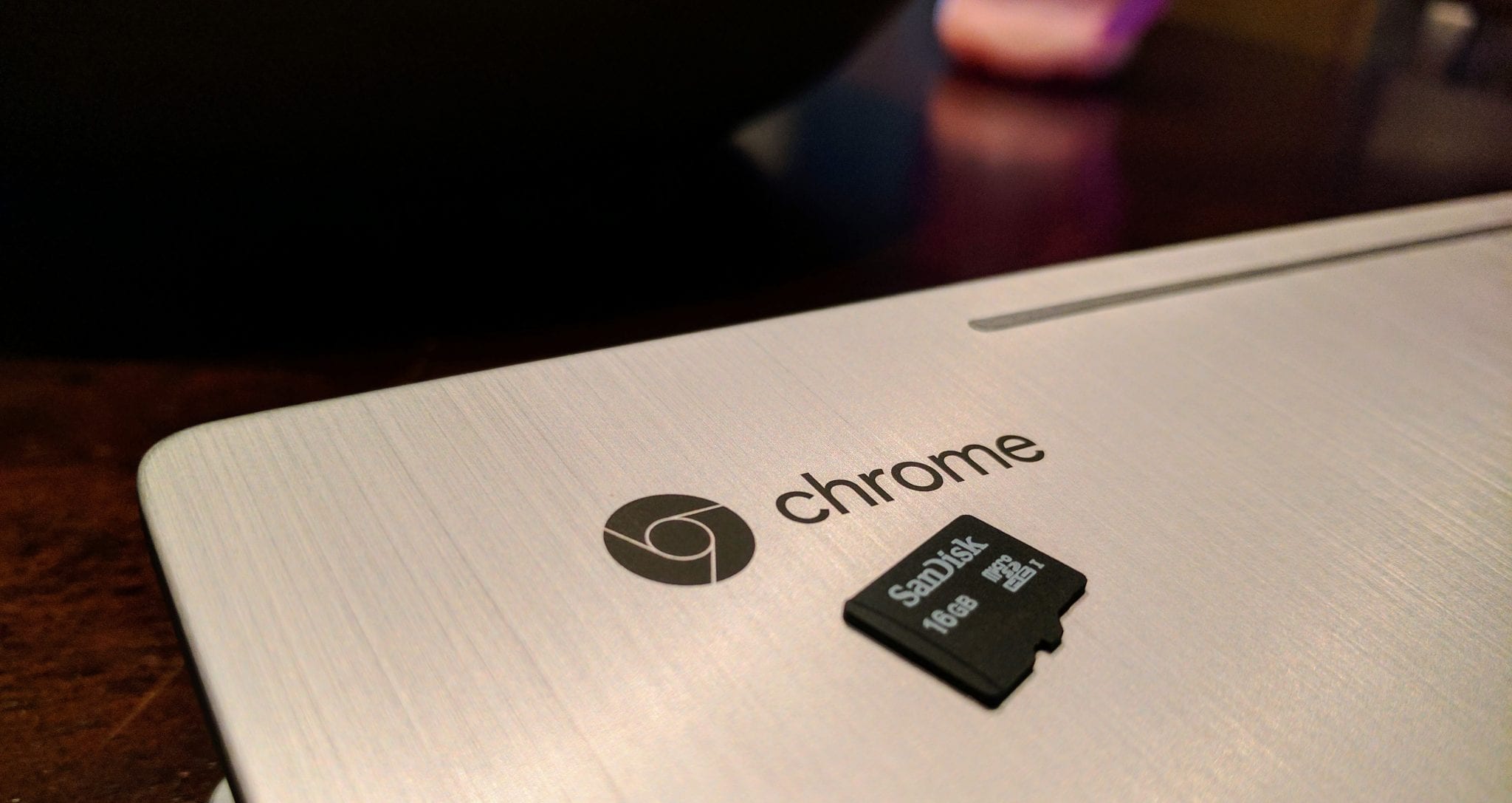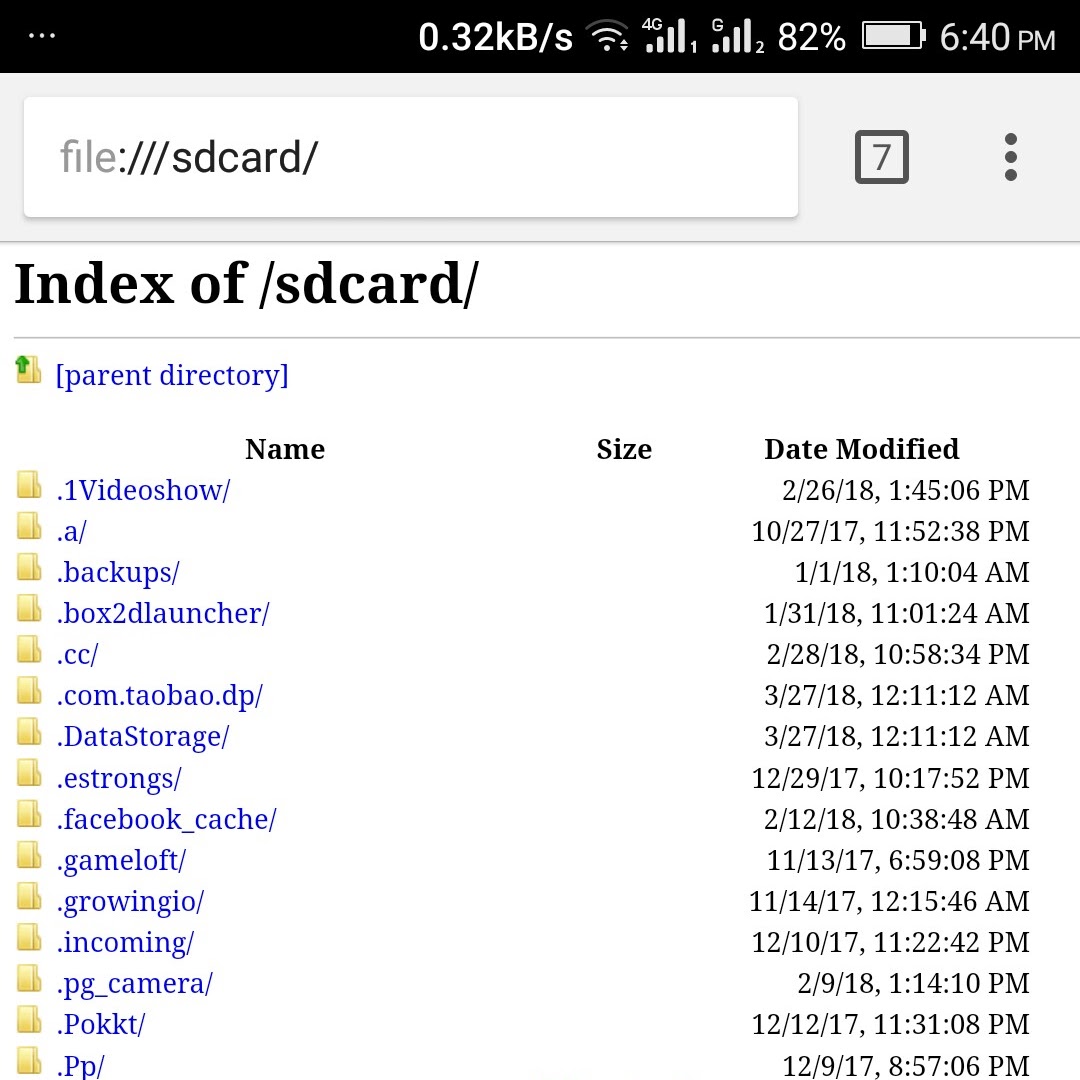
To do so, invoke theĪCTION_CLEAR_APP_CACHE intent action. If there isn't enough free space on the device, prompt the user to give yourĪpp consent to clear all caches. If your app needs to manageĭevice storage, follow the instructions on how to query free Starting in Android 11, apps that use the scoped storage modelĬan access only their own app-specific cache files. To disable scoped storage and use the legacy storage model instead, Version and manifest flag values, enable the following app compatibility flags: To enable scoped storage in your app, regardless of your app's target SDK Lower, you might be storing data in a directory that your app cannot access when If your app uses the legacy storage model and previously targeted Android 10 or Migrate data to directories that are visible when using scoped storage That way, your app can continue to behave as expected Recommended that you continue to set requestLegacyExternalStorage to true in If your app opts out of scoped storage when running on Android 10 devices, it's After you update your app to targetĪndroid 11, the system ignores the requestLegacyExternalStorageįlag. With scoped storage, such as granting access to different directories andĭifferent types of media files.

This flag allows apps to temporarily opt out of the Scoped storage enforcementĪpps that run on Android 11 but target Android 10Īttribute. The release also offers improvements to scoped Operations for media, and an updated UI for the Storage Access Framework. Several enhancements, such as raw file path access, batch edit Protection to app and user data on external storage. If someone who is effected by this already has a user on their system they could quickly report it there and then post the relevant tracking number or link to the thread back here in this thread so others can track it or voice their support for the change over there as well.Android 11 (API level 30) further enhances the platform, giving better So the best thing for Vivaldi, the correct fix for Vivaldi, is to have the change made in Chromium.


At some future Chromium update, this fix would either get missed or done incorrectly, perhaps because of another change in the underlying Chromium code rendering the previous fix invalid. It just increases the complexity of maintaining Vivaldi, increases the workload every Chromium update, and with Murphy's Law if something can happen it will happen. Meaning it is not a one-time fix for the Vivaldi team to do it. Every time Vivaldi picks up the new Chromium version, they would have to fix this again.

The proper place to fix this is in the Chromium code base, and then once fixed upstream Vivaldi will also pick up the fix.Įdit: Vivaldi fixing it themselves would be a mistake that would only open the door for a likely regression down the road. This issue should really be brought to the attention of the Chromium dev team.


 0 kommentar(er)
0 kommentar(er)
